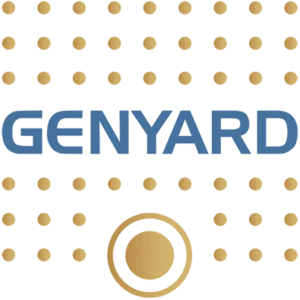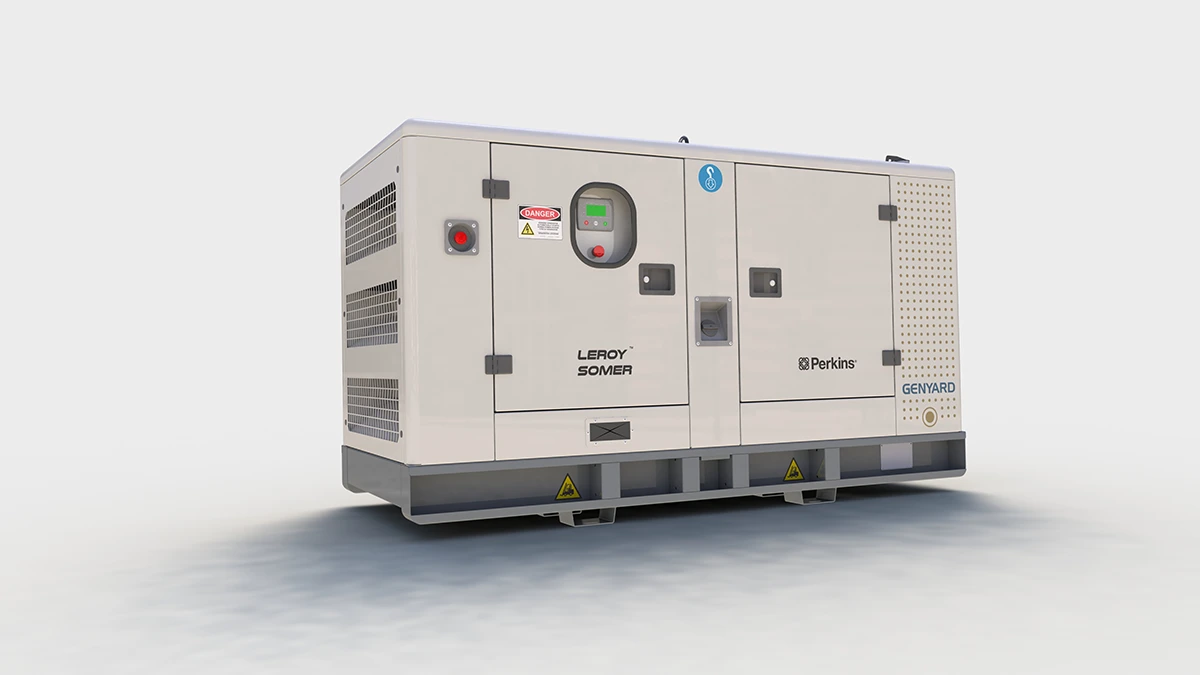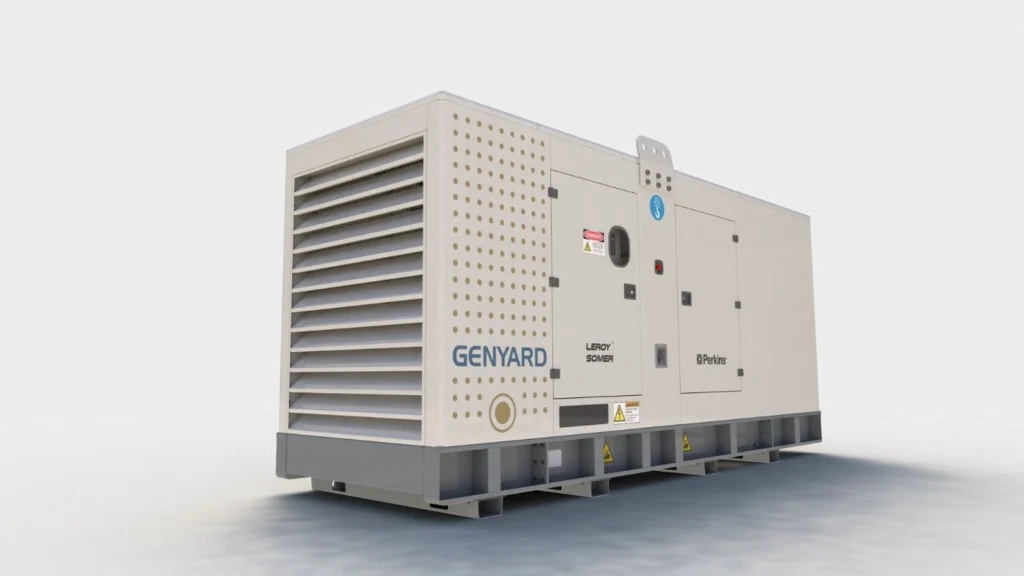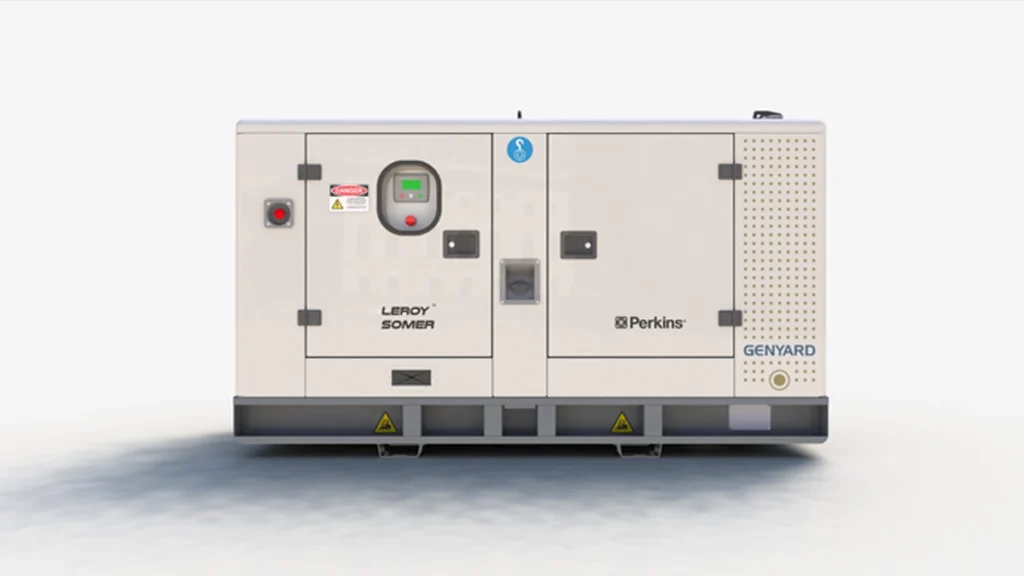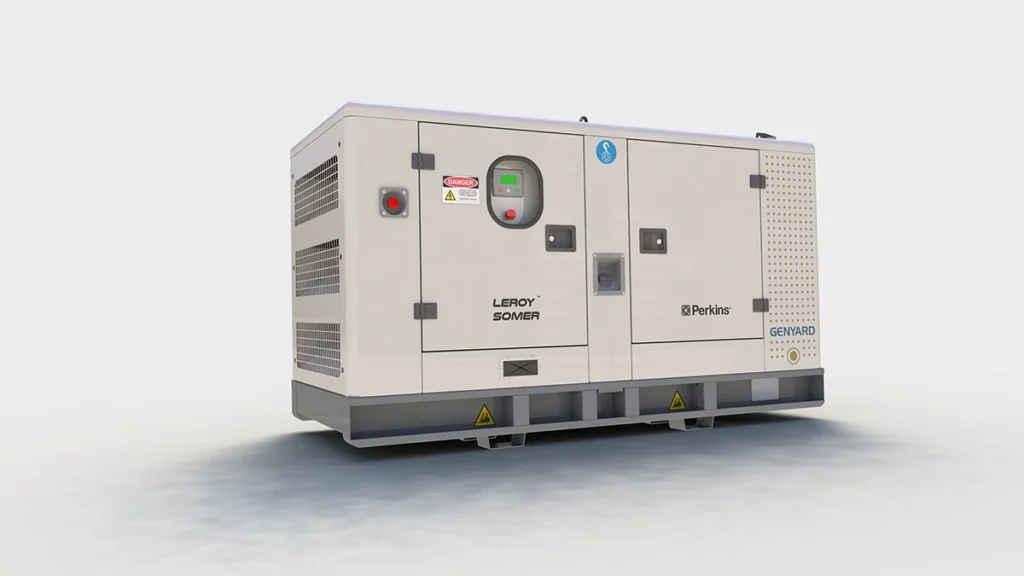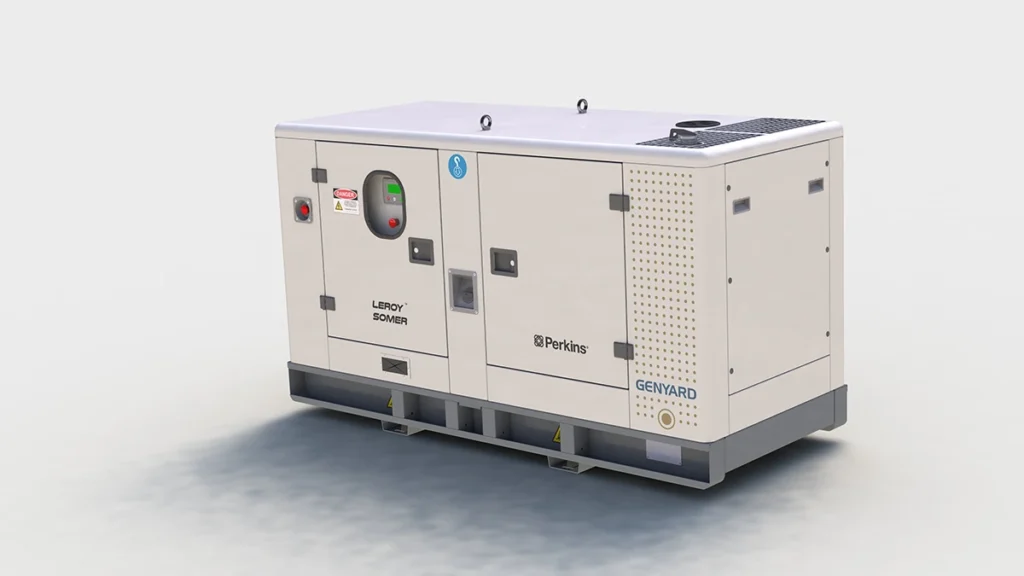Choosing the Right Generator Set in the UAE
Whether for your home, business, or industrial facility, selecting the right generator set (genset) is essential to guarantee reliable and uninterrupted power. In the UAE—where power supports critical sectors such as construction, healthcare, data centers, and residential communities, an appropriate genset ensures continuity and peace of mind during outages.
Because the market offers so many options, choosing the best generator can be challenging. This guide provides a clear step-by-step approach, from understanding your power requirements to evaluating specifications, so you can make a confident and informed decision.
Why the Right Generator Matters
A generator set is a long-term investment. Selecting the wrong size or type can cause:
• High fuel consumption
• Frequent failures and downtime
• Excessive noise and emissions
• Insufficient backup during outages
• Expensive and recurring maintenance costs
The right genset, on the other hand, provides:
• Reliable backup during power cuts
• Energy efficiency
• Longer service life
• Compliance with UAE regulations (DEWA, SEWA, ADDC, RTA, and Civil Defense)
What is a Generator Set?
A generator set (genset) is a system that combines:
• Engine (usually diesel, gas, or gasoline)
• Alternator (produces electricity)
• Control panel and fuel system
The engine converts fuel into mechanical energy, which the alternator transforms into electrical power for equipment, appliances, and lighting.
Step 1: Understand Your Power Needs
The first step in choosing the right genset is calculating how much power you require.
1. List appliances and equipment you need to run during an outage.
- Homes: AC units, refrigerators, water pumps, lighting
- Businesses: computers, servers, security systems
- Construction: cranes, welding machines, heavy equipment
- Hospitals: life-support and medical devices
2. Check the wattage of each device (usually on the label or in the manual).
3. Calculate total load by adding up the wattage of all items, then add a 10–15% safety margin for future expansion.
4. Consider starting vs. running wattage: motors and compressors require up to 3 times more power at startup than during normal operation.
5. Peak vs. continuous load:
- Peak load: the maximum demand when everything operates at once.
- Continuous load: the average demand in regular use.
Note: Generators are typically rated in kVA, while appliances are rated in kW. The difference depends on the power factor (commonly 0.8).
Step 2: Choose the Generator Type
Generators can be categorized by their application:
1. Portable Generators
- Small, movable, and easy to operate.
- Run on gasoline or small diesel engines.
- Suitable for camping, small outdoor events, or light backup loads.
2. Standby (Backup) Generators
- Permanently installed with automatic start during outages.
- Ideal for homes, offices, hospitals, and data centers.
- Available in diesel, natural gas, or propane models.
3. Prime / Continuous Power Generators
- Built for continuous or near-continuous operation.
- Used at construction sites, remote camps, mining operations, or areas without grid power.
- Heavy-duty diesel engines are most common.
4. Industrial Generators
- High-capacity units (100 kVA up to 2500+ kVA).
- Designed for factories, large infrastructure, and industrial plants.
- Often containerized for mobility and weather protection.
For allabove categories generators can be closed type with enclosure for outdoor installation or open type for indoor installation.
Step 3: Choose the Fuel Type
• Diesel Generators
- Most popular in UAE for standby and industrial applications.
- Reliable, fuel-efficient, and long-lasting.
- Diesel is safer to store than gasoline.
• Gasoline Generators
- Common in small portable models.
- Lower upfront cost but less efficient.
- Rarely used in UAE for business or industrial applications due to safety and storage issues.
• Natural Gas / Propane Generators
- Cleaner burning and environmentally friendly.
- Require a fixed gas supply connection.
- Practical in certain residential or commercial applications, but availability in UAE is limited compared to diesel.
Step 4: Prime vs. Standby Rating
• Prime Power: Used when a genset supplies power continuously, but the load may vary.
• Continuous Power: Used for constant, steady load 24/7 (less common).
• Standby Power: Operates only when the main utility fails. Best for homes, offices, and emergency backup.
Step 5: Key Features and Specifications
• Power Output (kVA / kW)
- Small Homes: 5–20 kVA
- Villas & Small Offices: 20–50 kVA
- Construction Sites: 50–500 kVA
- Factories & Industrial Plants: 500–2500 kVA
• Runtime & Fuel Tank Capacity
Larger tanks and fuel-efficient gensets allow longer operation between refueling.
• Noise Level
Generators can be supplied with soundproof enclosures (silent gensets) to meet urban noise restrictions.
• Control Systems
Modern gensets include digital panels for monitoring load, fuel, and alarms. Remote monitoring is also available.
• Emissions & Compliance
Ensure the genset meets UAE environmental regulations and Civil Defense safety approvals.
Step 6: Installation and Maintenance
• Permanent standby generators require professional installation.
• Consider ventilation, grounding, and fuel storage safety (mandatory under UAE Civil Defense).
• Choose suppliers offering installation, preventive maintenance, and 24/7 emergency support.
Step 7: Budget and Total Cost of Ownership
When budgeting, consider more than just the purchase price:
• Fuel consumption and efficiency
• Spare parts and maintenance
• Service support availability
• Warranty coverage
A slightly higher upfront cost can result in much lower operating costs over the genset’s lifetime.
Step 8: Usage Pattern and Environment
• Frequency of use: frequent long hours vs. emergency only.
• Climate: UAE’s high temperature and dust require derating (capacity adjustment) and frequent filter changes.
• Load type: sensitive equipment may require generators with stable output and Automatic Voltage Regulation (AVR).
Step 9: After-Sales Support
A generator is not a one-time purchase—it requires ongoing care. Always check that your supplier provides:
• Readily available spare parts in UAE
• 24/7 service support
• Preventive maintenance packages
• Warranty and technical assistance
Step 10: Work with Experienced Suppliers
Partnering with a trusted supplier ensures:
• Professional consultation tailored to your requirements
• OEM brands (like Perkins).
• Quality installation and technical support
• Customized solutions for residential, commercial, and industrial needs
Conclusion
Choosing the right generator set is a critical investment that guarantees reliable power, efficiency, and compliance with UAE standards. By understanding your load requirements, selecting the correct generator type and fuel, and working with a qualified supplier, you can secure a long-lasting and dependable solution.
At Genyard Energy, we provide high-quality generator sets, expert guidance, and full after-sales support to help you choose the perfect genset for your application in the UAE. Contact us today to learn more.


